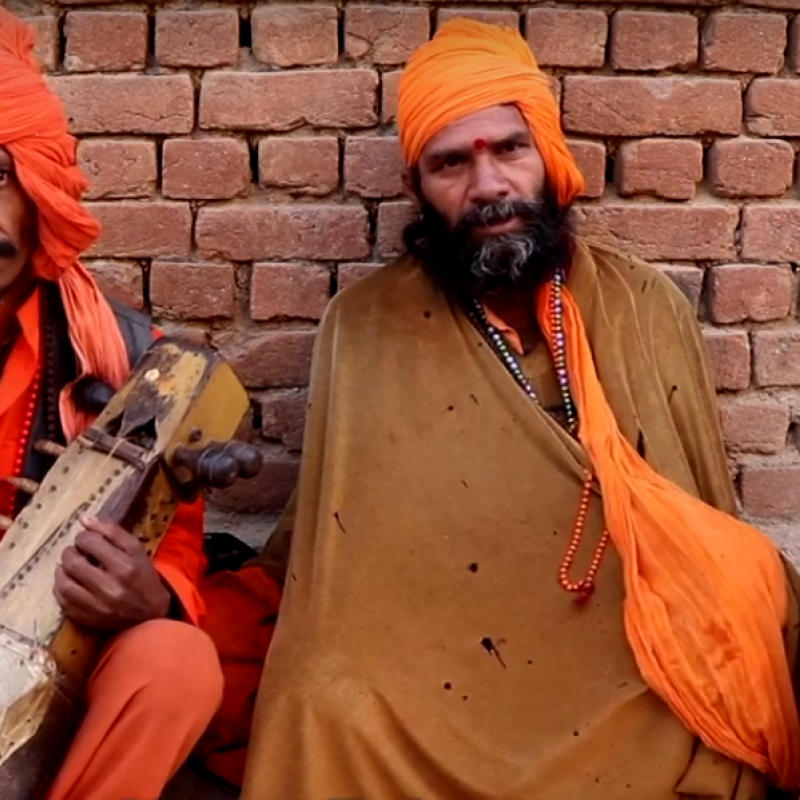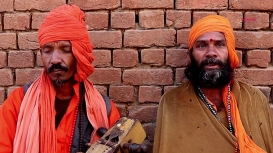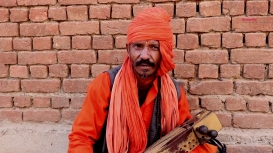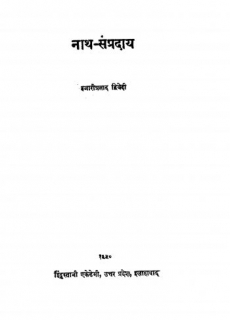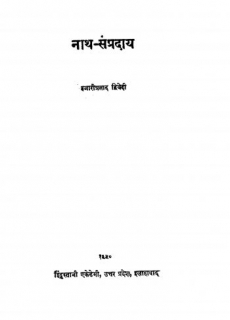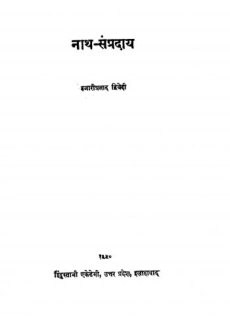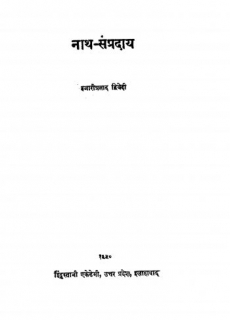The role of storytellers in transmitting tales and epics orally is crucial, but has been fading from public memory in recent times. Bards travelling from place to place singing tales and epics transmitted these stories but also preserved them in ways and forms that were often unique to their community. What is the relationship of orally known and transmitted tales to particular communities? And what happens when this link is sutured and tales float free outside communities that owned them?
This module looks at an oral epic that has in recent years grown in popularity in Chhattisgarh– the tale of Bharthari. The story, a tale about a renunciate king and the travails of forsaking the world, has now grown into a performative genre in Chhattisgarh, paralleling in many ways the rise of the Pandavani in this region. This module looks at a now nearly forgotten source of this tale in the peripatetic community of the Nath Panthi Jogis. The tale is about the eponymous king Bharthari, the first disciple of guru Gorakhnath who was the preceptor of the Nath Jogis. In many ways then the Nath Panthis owned this tale, and what they related reflected an interior knowledge of this story. The tale was transformed in many ways when it became a performative genre and was performed by individuals from outside this community.
The module records a conversation with, on the community and its relationship with this tale. It also records a narration of the gist of the tale of Bharthari in their version of the tale, reflecting an inner causality in the tale often lost in the re-workings of the story, written or performed.
This content has been created as part of a project commissioned by the Directorate of Culture and Archaeology, Government of Chhattisgarh, to document the cultural and natural heritage of the state of Chhattisgarh.
